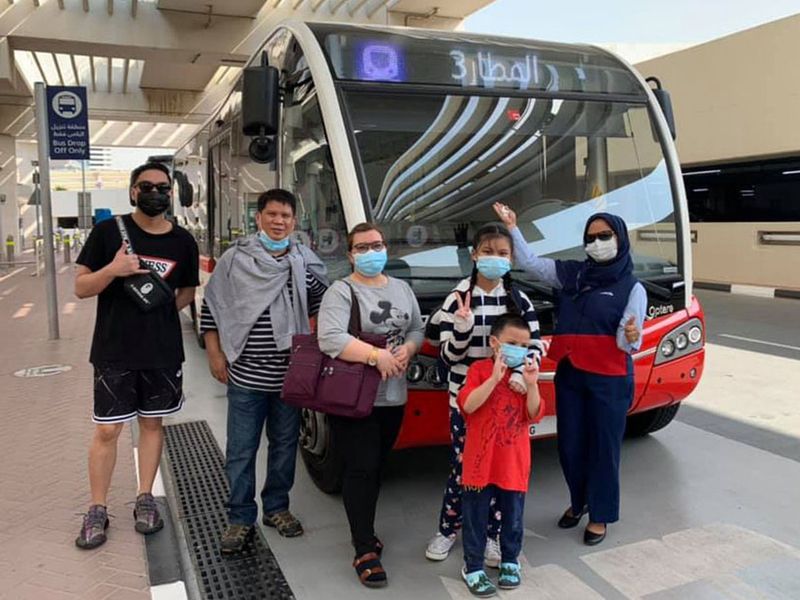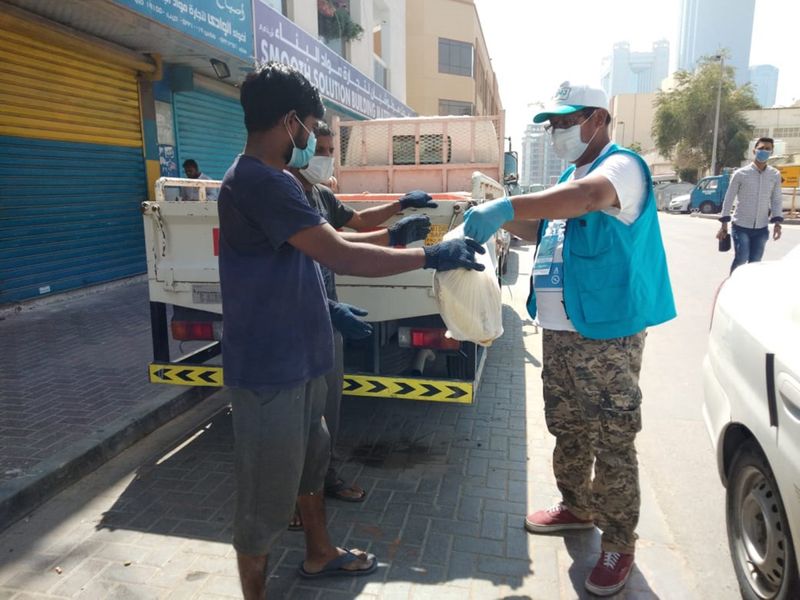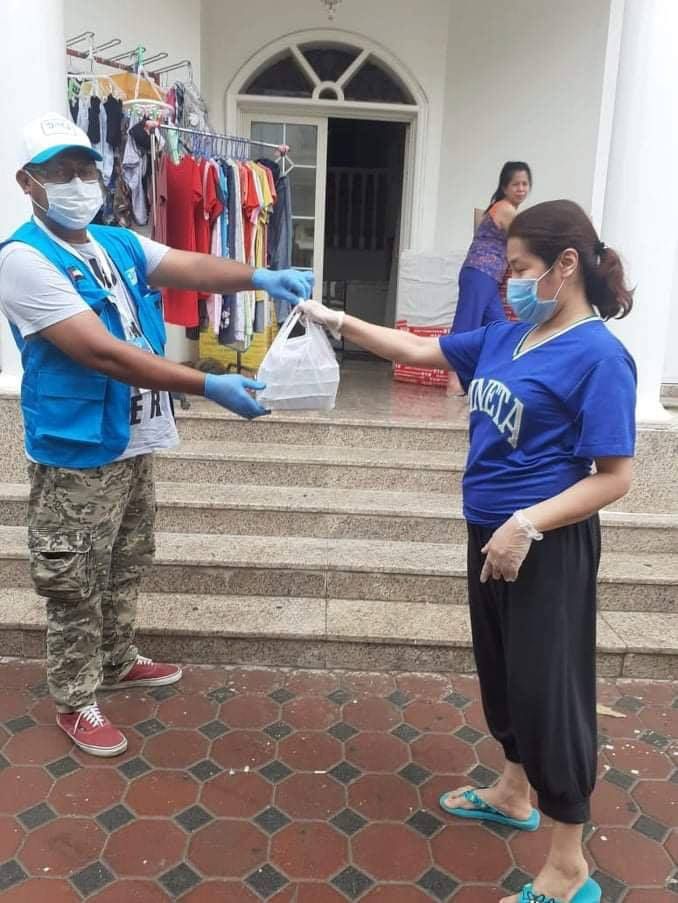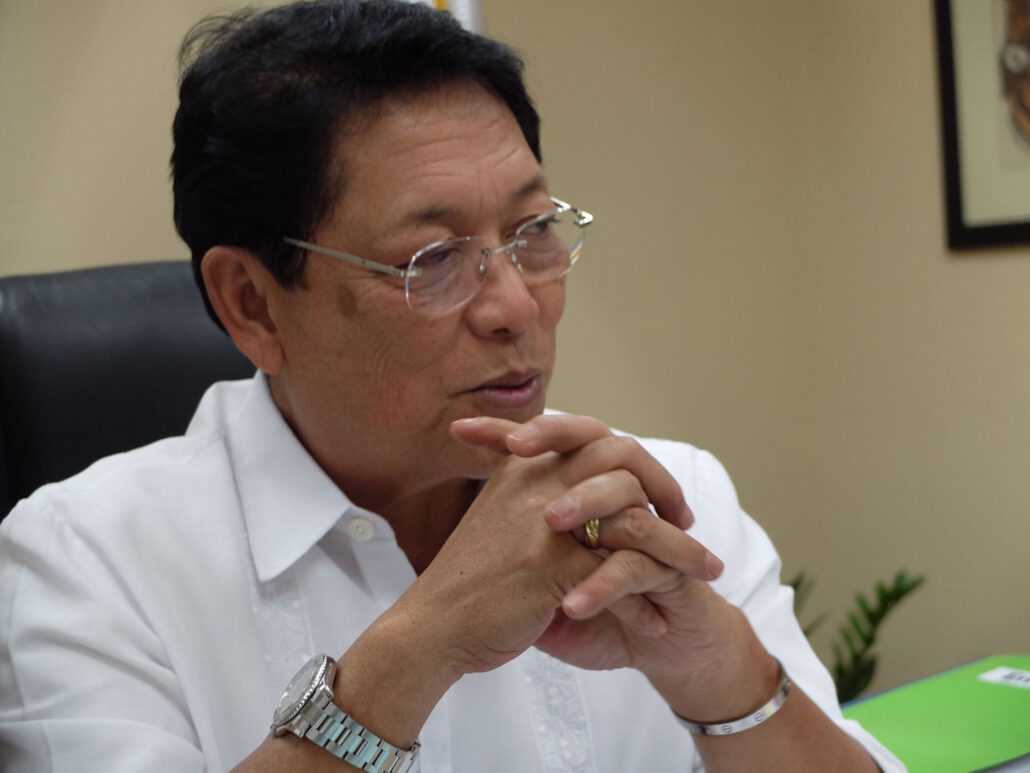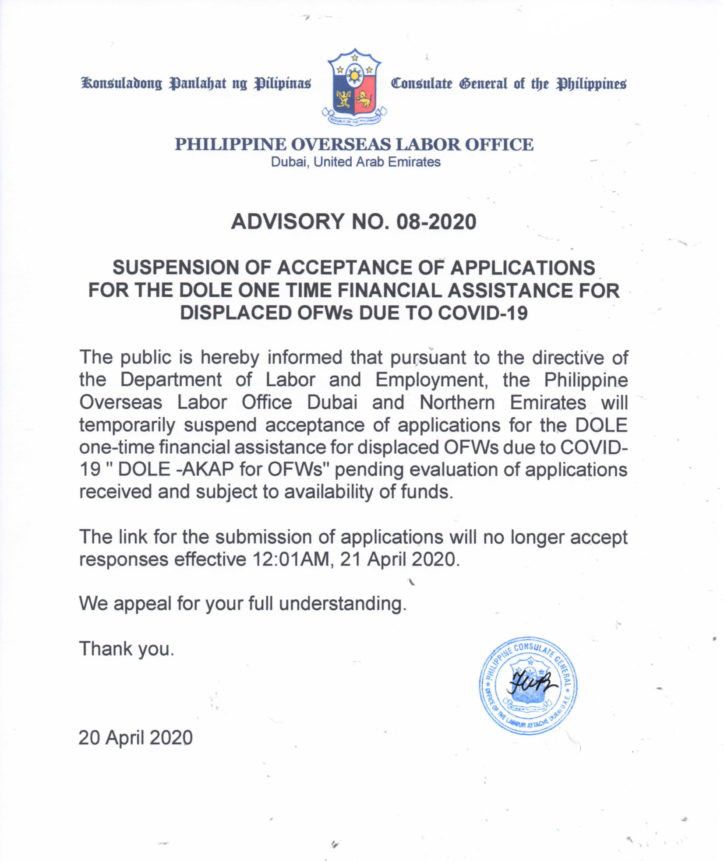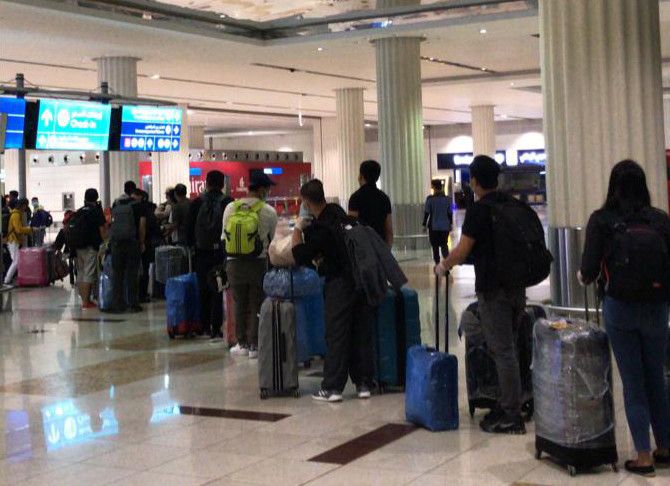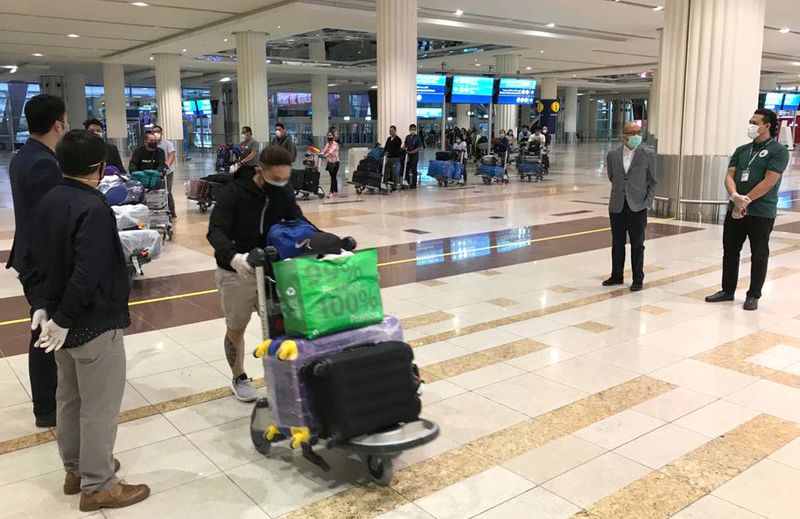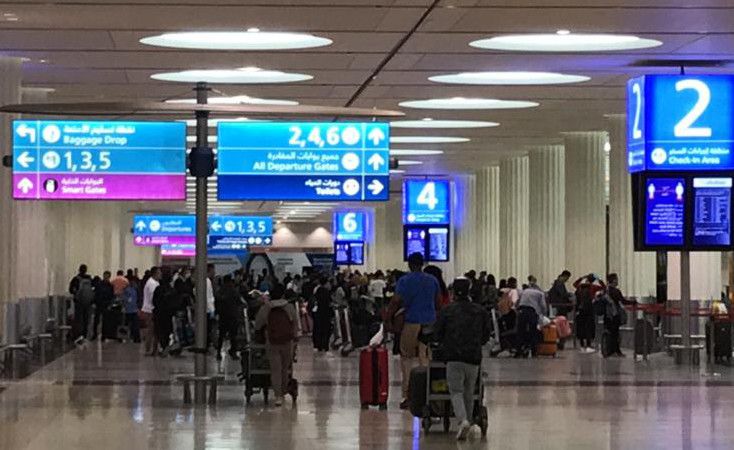UAE: Some residents to mute New Year’s Eve celebrations as Gaza burns
The call for ceasefire and scaling up of humanitarian aid has resonated louder among the residents
By Angel L. Tesorero / Khaleej Times
UNITED ARAB EMIRATES (UAE)–Celebratory fireworks will be muted across Sharjah this New Year’s Eve. This is among the latest decisions to scale back festivities in the UAE in solidarity with the Palestinians and as calls for an end to the hostilities in Gaza are amplified.
From cancelling Diwali celebrations in some schools early last month, to foregoing elaborate Christmas celebrations this week, the call for ceasefire and scaling up of humanitarian aid has resonated louder among UAE residents.
“The situation in Gaza is tragic, and I cannot remain indifferent,” Evgheni Pogonii, from Moldova, said as some Christians decided to forego the usual Christmas festivities.

Evgheni Pogonii.
“When you think of it, it is hard to celebrate New Year with fireworks when you know deadly missiles are raining on the Palestinian population,” Filipino expat Michelle Oribello reacted, adding: “Imagine the deafening sound of Israeli missiles and you can already predict the many lives that will be lost.”
Almost 21,000 people – seventy per cent of them women and children – have been killed in the Gaza Strip and there is no end in sight for the dire conditions of the civilians as the death toll is expected to rise further as Israel recently said there would be “no peace” until Hamas is destroyed.

Michelle Oribello
Nowhere to go
Amjad, 44, a Palestinian expat living in Ajman whose family has been evacuated to safety in the Philippines, said: “There is now no safe place in Gaza.”
“We, Palestinians, usually welcome New Year with a greeting, ‘Kul am wa antum bi khair’. But Gaza has been razed to the ground. Our own house has been hit by missiles three times – twice when family was there and once after they left for Rafah before crossing Egypt and seeking refuge in the Philippines.”
Away from his family, Amjad said he has no “appetite to welcome 2024”, adding: “The situation in Gaza is worse than anyone can imagine. We are besieged from all sides and the occupation has destroyed almost everything.”
Amjad is working on bringing his family to the UAE soon. Five of his children were born here before they moved to Gaza in 2020. “My kids have actually seen and really enjoyed the fantastic fireworks in the UAE. But now, suppose they were here, I don’t think they will enjoy any of the fireworks. They will only remember the rockets fired day and night that destroyed our house and killed our relatives, friends and neighbours,” he emphatically said.
“But I have also seen how the world has stood for us. I highly appreciate the move by Sharjah. This strong solidarity will definitely help our cause and we pray that soon we can say: ‘May you be well with every passing year’ (Kul am wa antum bi khair),” Amjad added.
Solidarity and unity
Egor Sharay, Dubai-based Russian journalist and cultural analyst, added: “The solidarity and unity will definitely play a crucial role in ending the hostilities and fostering a progressive society. The tragic events in Gaza underscore the need for peaceful efforts to address such challenges. The famous Russian writer Leo Tolstoy’s perspective on non-resistance to evil resonates with the importance of this solidarity.”

Egor Sharay
Salute and respect
For now, the ban on fireworks only applies to New Year’s Eve activities in Sharjah, including the annual spectacular show at Al Majaz Waterfront that has been confirmed cancelled this year.
Netizens have expressed their admiration for the emirate’s “sincere expression of solidarity”. “Salute and huge respect for them for this huge decision. We can see humanity here,” were common remarks on social media posts.
Olga Gafurova, a Dubai resident for 17 years and executive editor of Aviamost Russian Magazine, said: “I totally support Sharjah’s decision to ban New Year fireworks in solidarity with people in Gaza. We can’t simply say it doesn’t concern us and live with eyes wide shut. Love and compassion are necessities – without them humanity cannot survive.

Olga Gafurova
“Instead of fireworks, let’s spark hope in each other’s hearts and think of what we can do to help those who are in need. Of course, we cannot help everyone, but everyone can help someone. For instance, some Muslims in Russia welcomed Palestinian refugees and also banned the fireworks to avoid the loud noise that can cause additional trauma to Palestinian people. Let’s create a better world for generations to come.”
Pause and think about Palestine
Other religious and secular celebrations have earlier been limited in solidarity with those suffering under the deadly military campaign in Gaza.
As reported early last month, on-campus celebrations for Diwali festivities were muted. Students were encouraged to celebrate Diwali by donating towards the Emirates Red Crescent campaign.
Abhilasha Singh, principal of Shining Star International in Abu Dhabi, noted: “The scale of the catastrophic devastation in Gaza is beyond imagination. (I told my students) they must pause and think of the children in Palestine.. We are collectively praying for peace. The humanitarian crisis should end soon.”
‘We are here for them’
Following the UAE’s ‘Tarahum – for Gaza’ (Compassion for Gaza) campaign, residents immediately responded to call to provide urgent humanitarian relief to the Palestinians caught in the war.

People bought baskets of groceries like canned goods, baby diapers, feminine hygiene products, rice, pulses, biscuits and other essential items that were sent to Gaza. “We are here for them,” said Dubai resident named Sana, who served as a volunteer in the packing of goods.
March for Peace
At the recent COP28 hosted in Dubai, the world saw about 2,000 climate activists who marched not only demanding for climate justice but also the protection of human rights.

Carrying a huge black banner emblazoned with “Ceasefire Now” in bold letters written in English and Arabic, the protesters shouted their call while marching around the UN-controlled Blue Zone during the climate summit.
Silent protest
UAE residents have also joined the call to boycott international brands that are deemed supportive of the ‘genocide’.
Haya Issa, an American expat with Palestinian-Jordanian roots, said” “We are boycotting brands that are openly supportive of the genocide in Gaza,” she said. “And many of our favourite fast-food, sodas and coffee brands are on this list. So we have changed our routine and habits quite a lot. I don’t think you need to be Palestinian to see the need to stay away from brands that actively support or condone the level of violence in Gaza.”
Diplomatic arena
The UAE has been leading the international call to end hostilities in Gaza. Last week, the UN Security Council approved the UAE-drafted resolution to boost aid to the besieged enclave. The adopted text calls for “urgent steps to immediately allow safe and unhindered humanitarian access, and also for creating the conditions for a sustainable cessation of hostilities.”
Hundreds of injured and cancer patients have also been evacuated from the Gaza Strip to receive urgent medical treatment at various hospitals in the UAE, as part of the country’s humanitarian initiative ordered by President His Highness Sheikh Mohamed bin Zayed Al Nahyan. Several tonnes of food, medical and relief aid have also been delivered to Gaza. #
= = = = =
This report is original to the Khaleej Times where the author is senior deputy editor.



